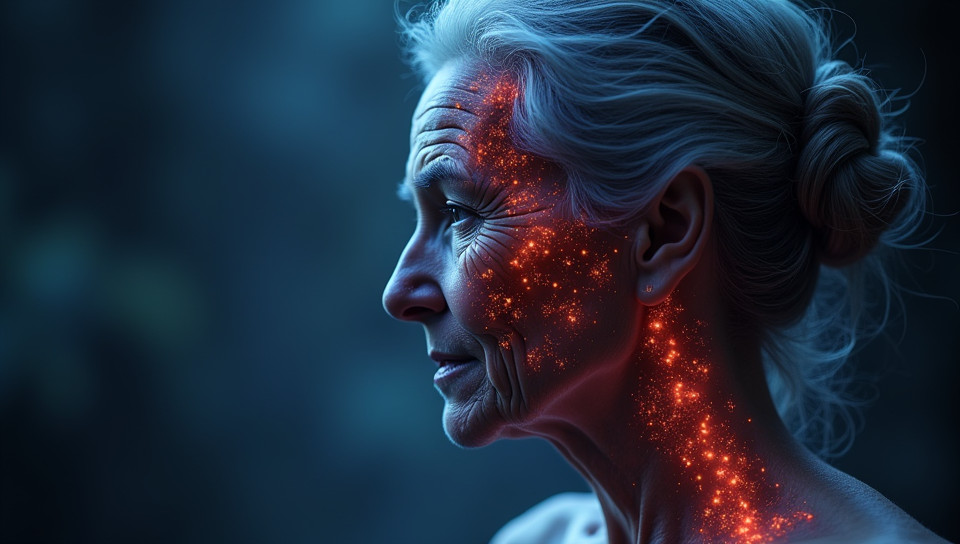Aging alters melatonin secretion patterns 49%

Aging's Impact on Our Sleep: Unraveling the Mysteries of Melatonin
As we age, our bodies undergo numerous changes that can affect our overall health and wellbeing. One of these changes is the alteration in melatonin secretion patterns. Melatonin, often referred to as the "sleep hormone," plays a crucial role in regulating our sleep-wake cycles. However, research suggests that aging can disrupt this delicate balance.
Understanding Melatonin's Role
Melatonin is produced by the pineal gland and released into the bloodstream in response to darkness. It helps regulate our circadian rhythms, making us feel sleepy at night and awake during the day. Melatonin levels typically peak between 2am and 4am, then decrease as morning approaches.
Aging Alters Melatonin Secretion Patterns
Studies have shown that aging can affect melatonin secretion in several ways:
- Melatonin production decreases with age
- Circadian rhythm disruptions become more common
- Melatonin levels may not follow the typical nighttime peak
The Consequences of Age-Related Melatonin Changes
The alteration in melatonin secretion patterns due to aging can have significant consequences, including:
- Sleep disorders such as insomnia and sleep apnea
- Disrupted circadian rhythms leading to fatigue and decreased productivity
- Increased risk of chronic diseases like diabetes and cardiovascular disease
The Importance of Addressing Age-Related Melatonin Changes
Recognizing the impact of aging on melatonin secretion patterns is crucial for maintaining overall health. By understanding these changes, we can take proactive steps to support our sleep and overall wellbeing.
Conclusion
Aging's effect on melatonin secretion patterns is a complex issue that requires attention. By acknowledging the alterations in melatonin production and addressing the resulting consequences, we can promote healthier aging and improved quality of life. As researchers continue to unravel the mysteries of melatonin, it's essential to prioritize sleep and circadian rhythm maintenance throughout our lives.
- Created by: Hanna Zieliński
- Created at: Oct. 13, 2024, 10:12 a.m.
- ID: 12348









